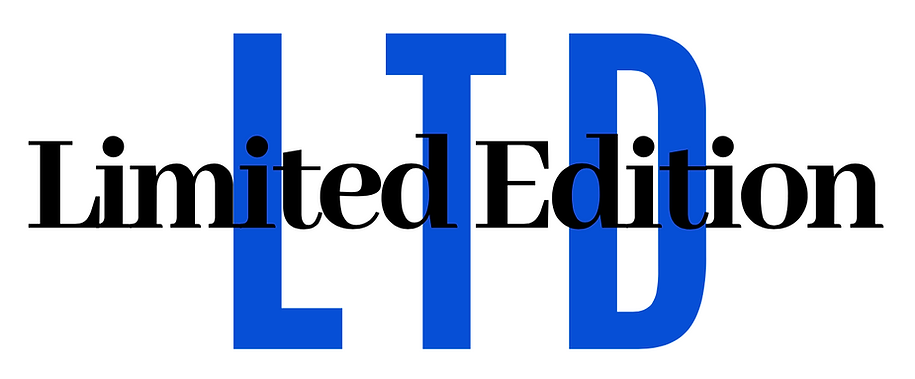Pragmatism in the Face of Questioning
- John Wood
- Nov 12, 2019
- 2 min read
A little warning: the following deals with philosophical questions that could make some uncomfortable.
Sometimes, you may stop yourself and rethink what you are doing. This happens every so often to me. For example, how do I really know my way around the school? I take it for granted that somehow my mind can subconsciously guide me from class to class. I’ve also managed to catch my mind subconsciously controlling me when, more than once, I’ve nearly put liquid soap on my toothbrush. It’s quite fascinating, the things you do when running on four hours of sleep. All of these examples are times when you aren’t questioning yourself – instead, you are simply going about your day.
It’s when you start questioning that things get interesting and somewhat scary. For me, it may start with how I know my way around school, then move to how I know the hallways don’t change direction when I’m not looking at them, eventually falling to how I know that anything exists when I’m not currently perceiving it. Does a tree really fall in the forest if no one hears it fall? These lines of questioning become creepy because they never really end.
How am I supposed to get to my next class when I don’t even know if it exist?
My opinions on that have changed recently. They now revolve around pragmatism: using practicality. There has to come a time when you set aside those nagging philosophical questions in favour of what’s realistic. That means that, yes, my class exists, I exist, etc. This also applies to issues that affect more people. I watched a television show where a family did not want their child to receive medical attention for religious reasons. This is similar to the huge controversy over vaccinations in the past few years. Yes, one could question whether or not they really work, but it clearly makes sense, especially on an issue dealing with many human lives, that we should accept scientific consensus on the matter. Vaccines are good. Accepting that avoids the end of something that saves lives. Now, let’s further that: the Earth is a sphere; we landed on the moon; etc. These statements allow you to just carry on about your day without concern.
I do have an issue with this attitude, though. It doesn't feel correct to blindly accept both the small and big questions. What I have come to realize, however, is that there is that there is a time and place to question things. In a philosophical Theory of Knowledge class, it’s interesting to question whether or not I exist, but when I’m writing a math test, I’ll just accept that as fact.
In my opinion, the Universe is an incredible place, and asking questions about it can keep your mind active, ensure that you think for yourself, help you develop discernment and, to me, it’s just plain cool to do. But make sure that you don't fall into an infinite line of questioning without keeping a foundation in pragmatic reality. Now, if you'll excuse me, I have to get to class.

Comments